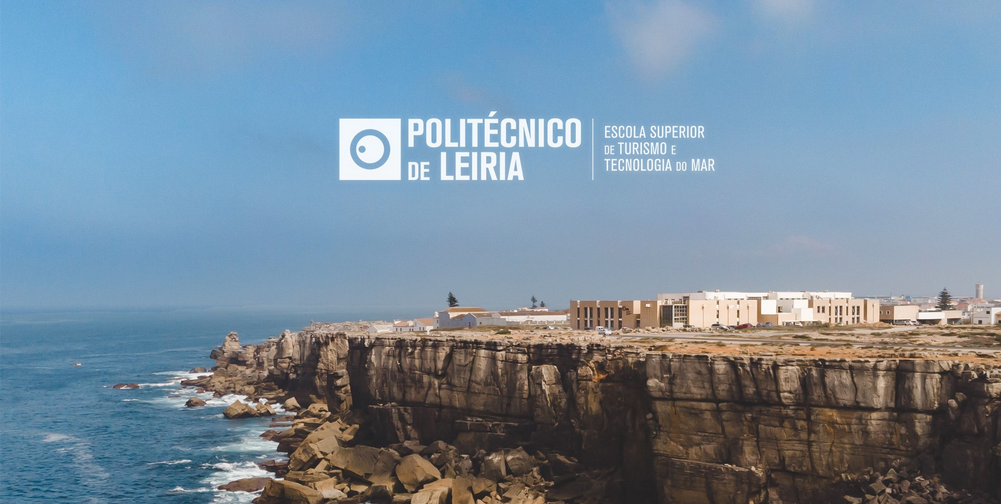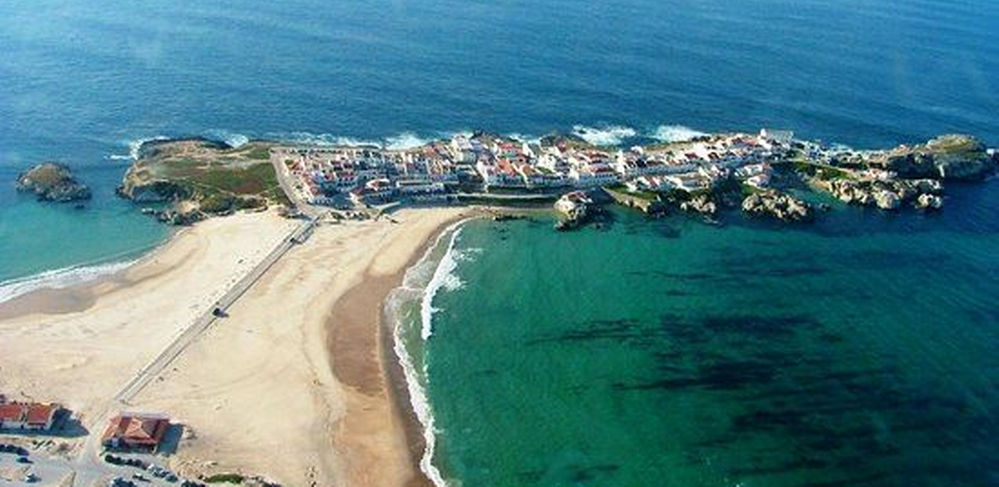Peniche is a coastal municipality located in the Oeste Region situated 80 kilometers north of Lisbon, being the most western city of continental Europe. It has 26,431 inhabitants in an area of 77.55 km2. The city was built on a rocky peninsula which was an island until the 17th century, becoming progressively linked to the mainland through silting processes until today.
Since ancient times Peniche has been an important fishing harbour. Besides fisheries, the economy of the Peniche municipality relies on industry (mainly in the food industry; canned and frozen fish), services and, in the last 20 years, have seen an enormous growth in tourism, largely linked to the beaches and the recreational and sports activities practiced there, namely surfing. Due to its geographical configuration (peninsula), Peniche is one of the best surfing locations in Europe. It has beaches and breaks facing three distinctly different wind and waves directions, making it a consistent and popular destination for surfers.
The revision process of the new Municipal Master Plan is currently underway and will soon enter the public discussion phase. This discussion is of great democratic importance as it allows citizens and stakeholders to actively participate in the management of the municipality through proposals and public debates.
One of the most important issues is related to the key tourist resources, namely the beaches and their sustainable planning and management. This will be the main focus of discussion during the study visit to Portugal by the various partners of the SPOT project, to be held in Peniche from 9 to 13 of May, 2022.
This study visit is organized by the School of Tourism and Maritime Technology of the Polytechnic of Leiria (Portugal) and aims to involve the students from the various partners of SPOT project in the process of identify problems and present possible alternatives and solutions for some issues inherent to the planning process of a specific territorial unit (Baleal Beach and its surroundings). The main issues are related to environment and climate change impacts in coastal destinations and possible adaptation and mitigation measures to be adopted, in accordance with the municipal plan and other higher hierarchy plans, namely the Coastal Zone Management Plan of the region.



